COP26 ends with watered-down deal, Boris Johnson says it’s the ‘death knell for coal’
The president of the CO26 climate change has made a bold call on China, saying it owes parts of the world an explanation.
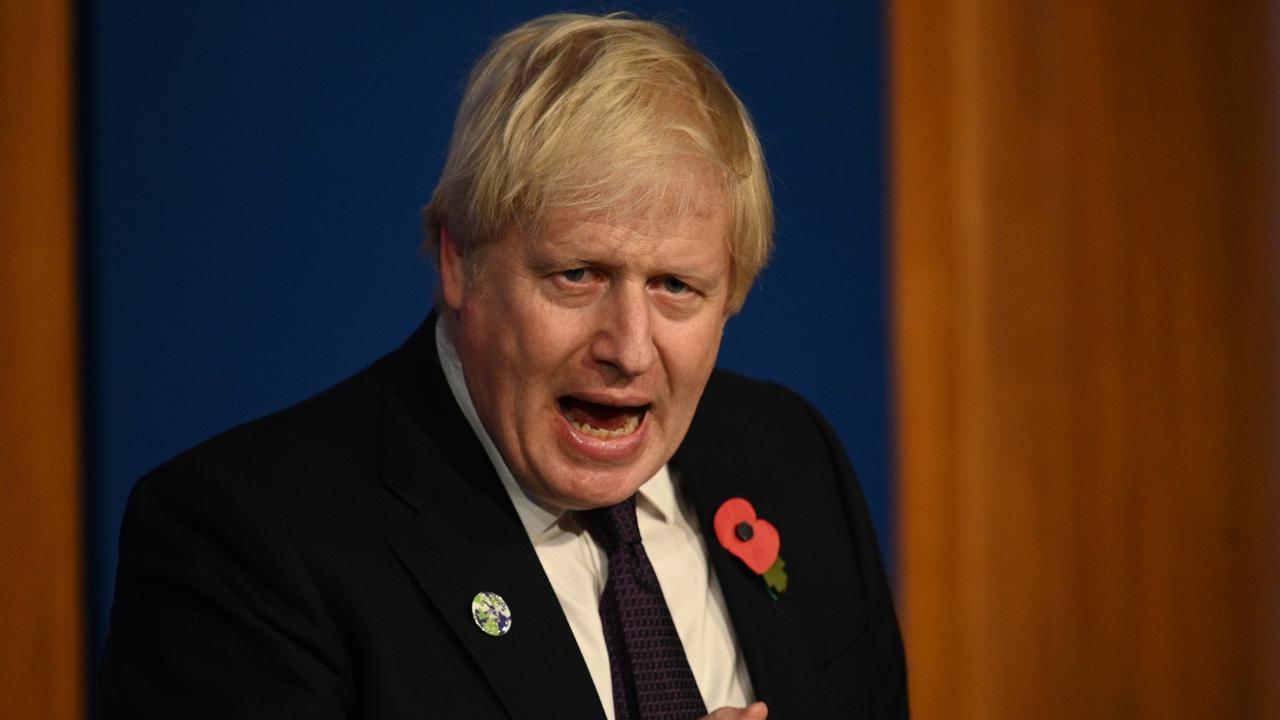
The president in charge of the latest global climate change summit has choked back tears as the COP26 concluded.
Britain’s COP26 president Alok Sharma apologised at the conclusion of the climate change conference that brought together nearly 200 nations.
A watered-down deal was struck after two weeks of painful negotiation, but it fell short of what science says is needed to contain dangerous temperature rises.
Rich countries stood accused of failing at the COP26 summit in Glasgow to deliver much-needed finance to vulnerable states at risk of drought, rising seas, fire and storms.
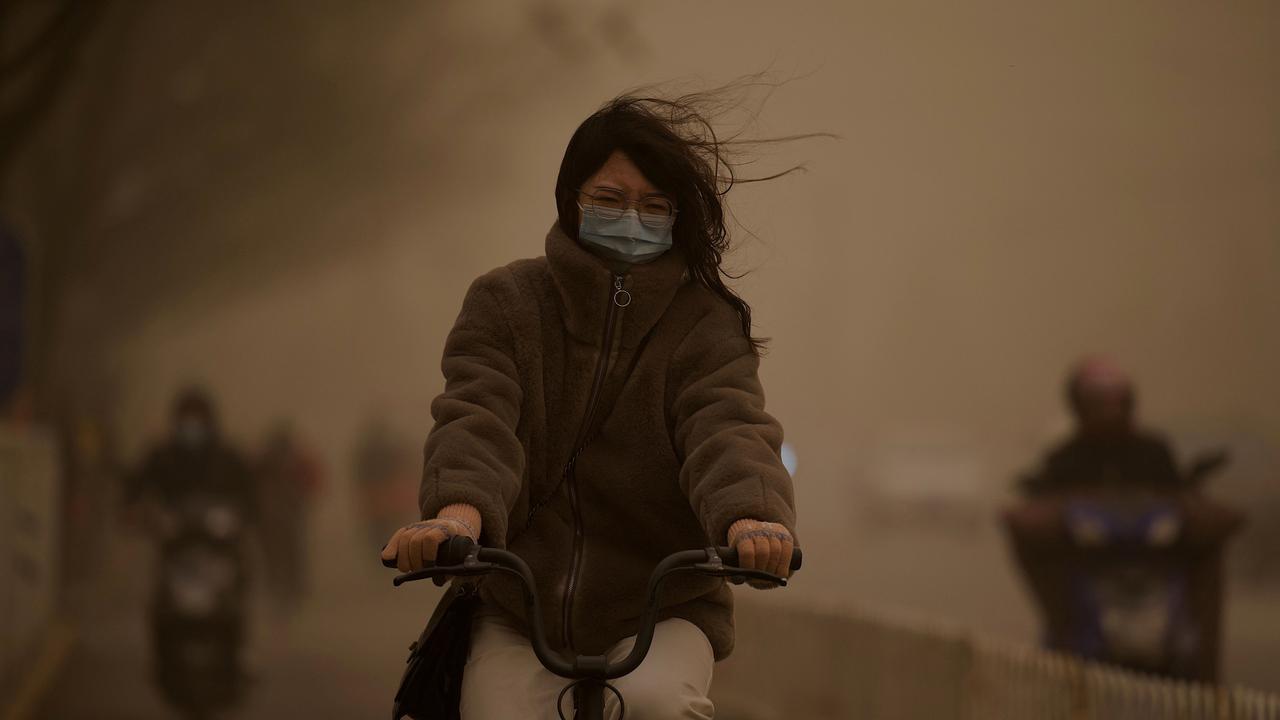
Mr Sharma rounded up the marathon negotiations telling delegates: “It is now decision time. And the choices you are set to make are vitally important.”
But China and India insisted that language on fossil fuels be weakened in the final summit decision text.
As the final deal was clinched, a tearful Mr Sharma said, “I apologise for the way this process has unfolded. I am deeply sorry,” before banging down his gavel.
He later tweeted the deal is a “fragile win” and that “we have to continue to work together to kept 1.5 alive”.
Speaking later to The Guardian, Mr Sharma said the world is “on the way to consigning coal to history”, but two nations had delivered a deathly blow to the deal.
“This is an agreement we can build on,” he said.
“But in the case of China and India, they will have to explain to climate-vulnerable countries why they did what they did.”
Coal, the most polluting fossil fuel, will be reduced but not phased out, some nations will cut methane — a dangerous greenhouse gas — and tackling deforestation by 2030 has also been promised.
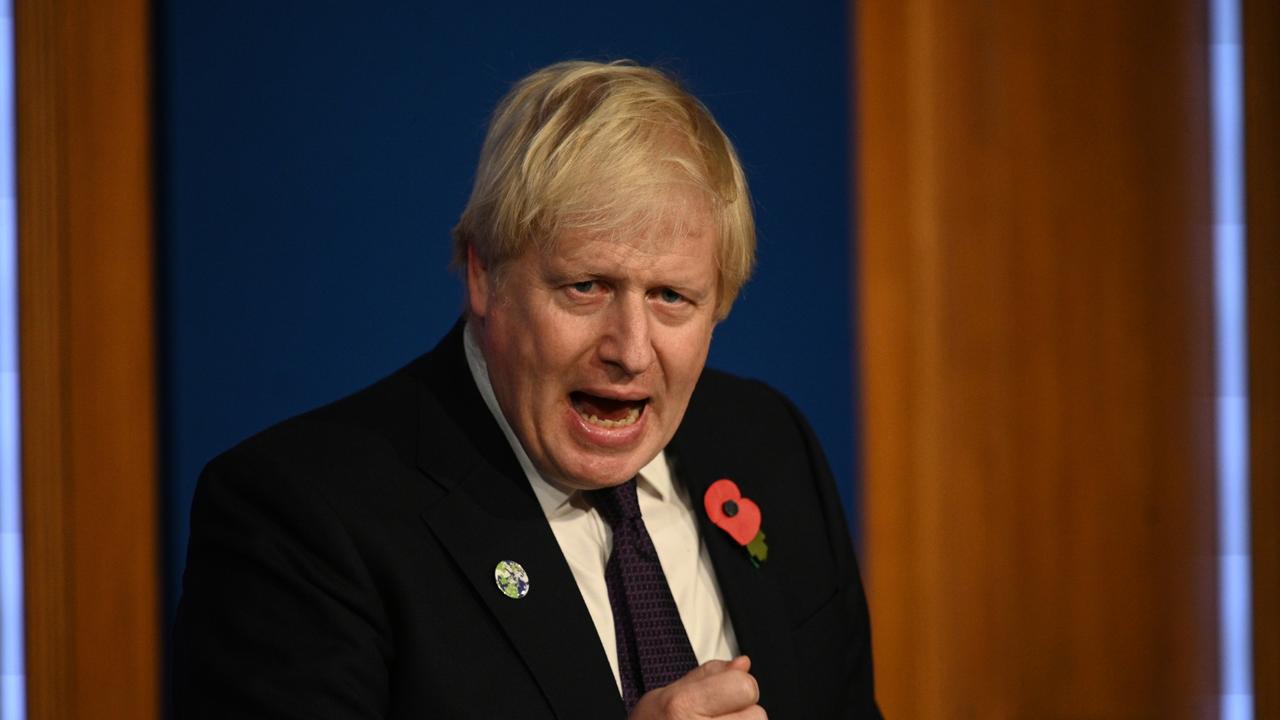
The final agreement was slammed as a “failure” by NASA climate scientist Peter Kalmus.
However, British PM Boris Johnson said COP26 had sounded the “death knell” for coal.
“The conference marked the beginning of the end for coal,” Mr Johnson said.
“For the first time ever the conference published a mandate to cut the use of coal power.”
Mr Johnson, whose government hosted the talks, insisted the deal was a “big step forward” even if much more work needed to be done.
I just heard someone on the BBC News Hour saying that COP26 is something "everyone can celebrate." I for one am not celebrating. It was a dismal failure. We need a billion climate activists - in the streets and getting more radical than ever before.
— Peter Kalmus (@ClimateHuman) November 13, 2021
Sharma is now crying #COP26
— Patrick Galey (@patrickgaley) November 13, 2021
Delegates entered the talks charged with keeping the 2015 Paris Agreement goal of limiting temperature rises to 1.5-2C degrees within reach.
They were also tasked with finding the funding for nations most at risk of climate-related droughts, floods and storms supercharged by rising seas.
Observers said the agreement fell far short of what is needed to avert dangerous warming and help countries adapt or recoup damages from the disasters already unfurling globally.
UN Secretary-general Antonio Guterres welcomed the deal, but stressed it was “not enough”.
“We are still knocking on the door of climate catastrophe,” he added.
Swedish environmental activist Greta Thunberg said the talks had achieved nothing but “blah, blah, blah”, echoing earlier comments.
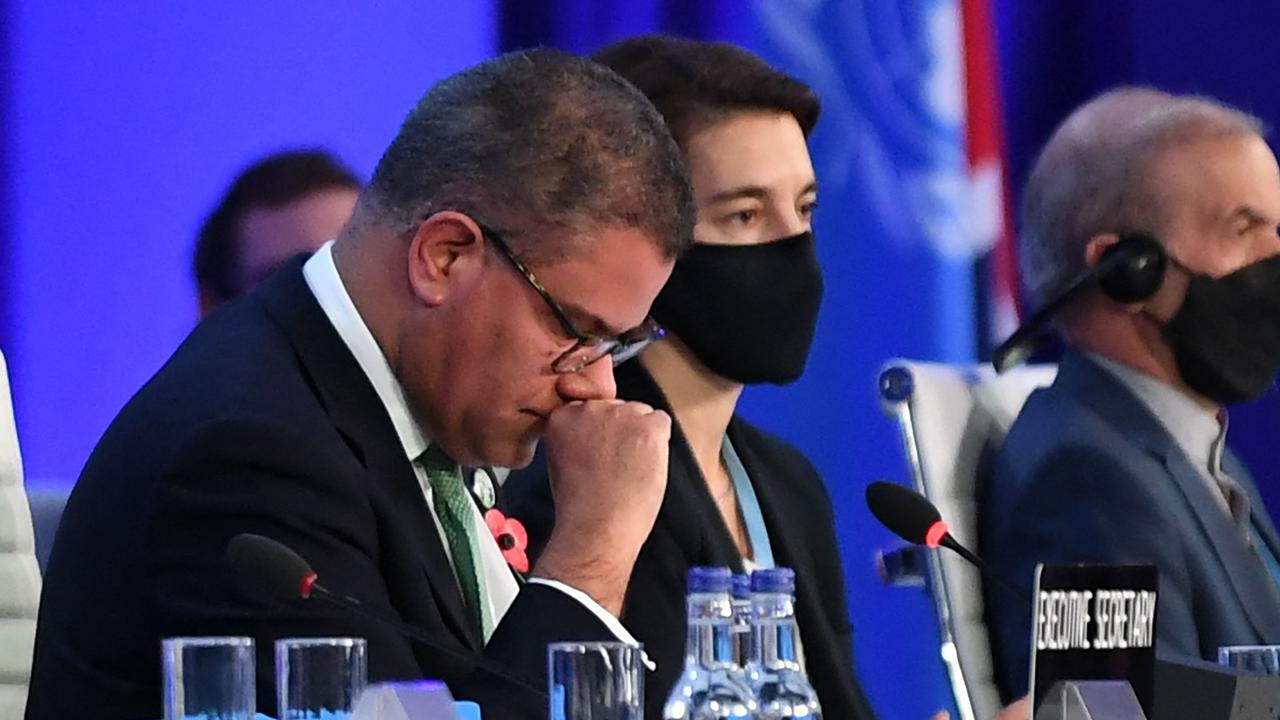
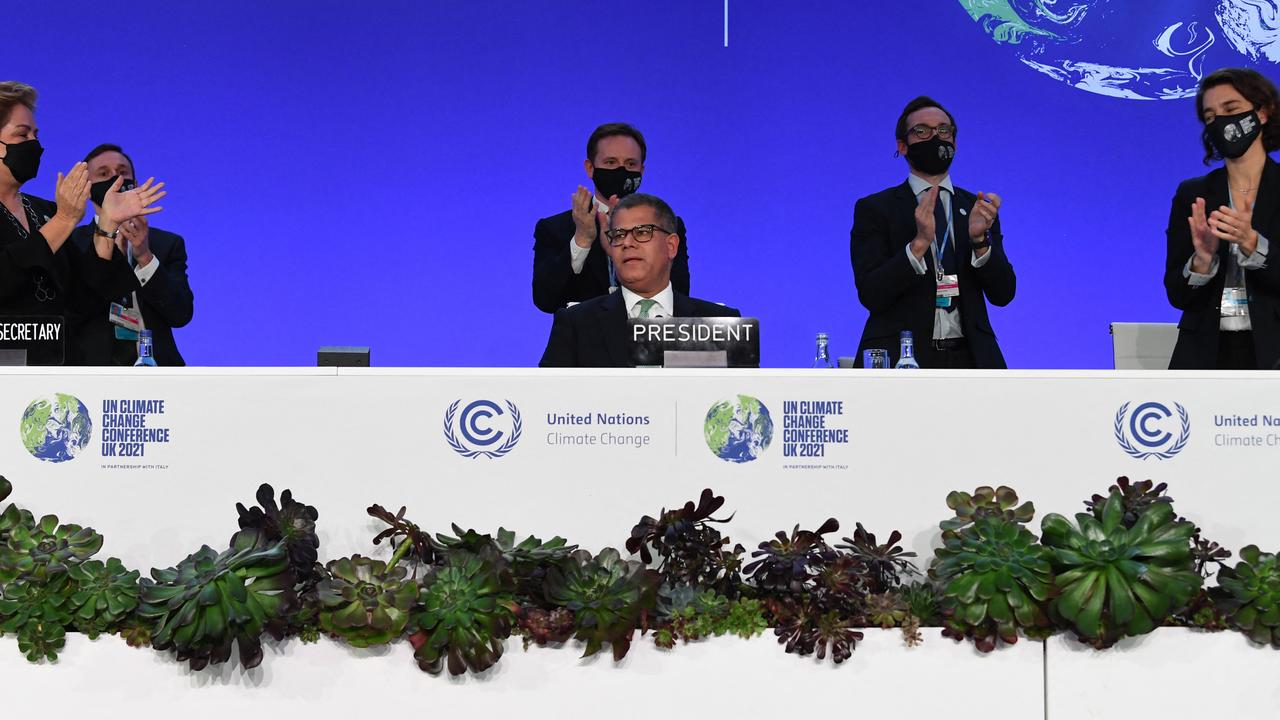
Laurence Tubiana, the architect of the Paris deal, told AFP that “COP has failed to provide immediate assistance for people suffering now.” But a statement from the European Commission said the deal had “kept the Paris targets alive”.
Yet John Kerry, the U.S. special envoy for climate, said the world must also look at the positives of what has been achieved.
“We always knew that Glasgow was not a finish line and any body who thought it was doesn’t understand the challenge that we have, so I would say Paris built the arena, Glasgow starts the race and tonight the starting gun was fired.”
The #COP26 is over. Here’s a brief summary: Blah, blah, blah.
— Greta Thunberg (@GretaThunberg) November 13, 2021
But the real work continues outside these halls. And we will never give up, ever. https://t.co/EOne9OogiR
Survival
The final text urged nations to accelerate efforts to “phase down” unfiltered coal and “phase out” inefficient fossil fuel subsidies.
Large emitters China and India had opposed the mention of the polluting fuels, and the language in the final text was significantly more nuanced than earlier drafts.
The deal also called on all countries to accelerate their emissions cuts by submitting new national plans by 2022, three years earlier than agreed in Paris.
But after resistance from rich nations led by the United States and EU, the text omitted any reference to a specific finance facility for the loss and damage climate change has already caused in the developing world.
It instead only promised future “dialogue” on the subject.
“For some loss and damage may be the beginning of conversation and dialogue,” said Shauna Aminath, the Maldives environment minister.
“But for us this is a matter of survival.”
Although host Britain said it wanted COP26 to keep the 1.5C temperature cap in reach, a UN scientific assessment last week said countries’ latest climate plans put Earth on course to heat 2.7C.
The text noted “with deep regret” that wealthy nations had also failed to stump up a separate annual sum of $100 billion they promised over a decade ago. It urged countries to pay up “urgently and through 2025”.
It also promised to double finance to help developing countries adapt to rising temperatures by the same date.
I am incredibly grateful to everyone who has helped get us here today in Glasgow
— Alok Sharma (@AlokSharma_RDG) November 13, 2021
But this is a fragile win
We have to continue to work together to kept 1.5 alive
Read my full statement here on the outcomes of #COP26: https://t.co/SHP22t3bDcpic.twitter.com/8xSCZA7I10
1.5C on life support
But developing nations said it was unfair for the summit to produce an unbalanced agreement heavily weighted toward “mitigation” — how economies can ditch fossil fuels and reach net-zero emissions by 2050.
They wanted specific instruction on how they can meet the bill of decarbonising while also adapting to the natural disasters supercharged by global warming.
“We were told that COP26 was the last best chance to keep 1.5C alive but it’s been placed on life support,” Amanda Mukwashi, CEO of Christian Aid.
“Rich nations have kicked the can down the road and with it the promise of the urgent climate action people on the frontline of this crisis need.”
The two weeks in Glasgow saw a number of high-profile announcements from world leaders, such as a commitment to slash methane emissions by 30 per cent by 2030.
It also witnessed mass protests against what activists said was a dangerous lack of urgency.
Teresa Anderson, climate policy co-ordinator at ActionAid International, said COP26 was “an insult to the millions of people whose lives are being torn apart by the climate crisis.”
Countries are being asked to return next year with better plans to cut emissions.
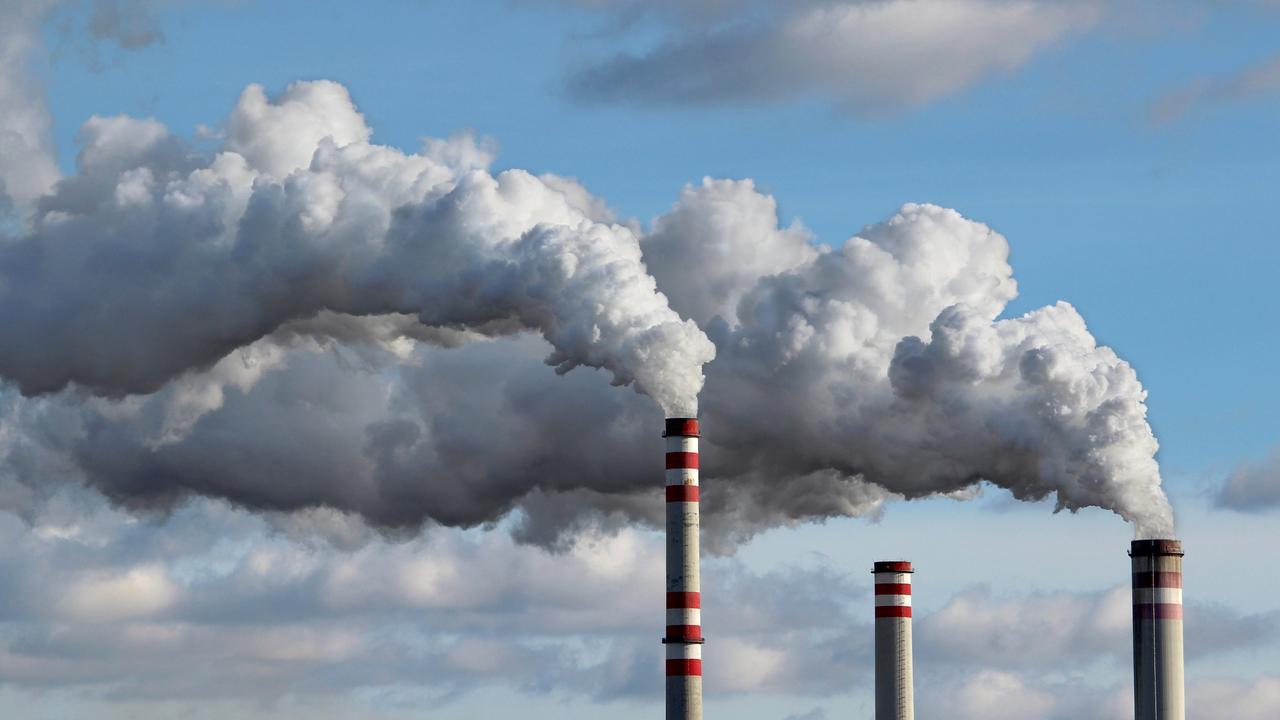
Australia refuses to ramp up target
Prime Minister Scott Morrison addressed the summit last week, outlining the country’s plan to reach net-zero emissions by 2050.
He told world leaders that driving down the costs of low- and no-emissions technologies was crucial to Australia’s net-zero ambitions, and its aspirations to help developing nations do the same.
But he refused to formally ramp up Australia’s 2030 emissions target, one of the big asks of the conference to avoid the risks of runaway climate change.
Morrison told the conference Australia would stick to its six-year-old promise to reduce emissions by 26 to 28 per cent cut by 2030, but would likely reach 35 per cent by then.
In a joint statement with Minister for Foreign Affairs Marise Payne on Sunday night, Minister for Industry, Energy and Emissions Reduction Angus Taylor welcomed the new plan and said the Morrison government “will always stand up for and make decisions in Australia’s national interest, and we will do what’s right for rural and regional communities”.
“Australia’s economy is almost unique amongst developed countries, with an economy specialised in the production of energy- and emissions-intensive commodities,” the statement reads.
“We are the world’s fourth largest energy exporter, after Saudi Arabia, Russia and the United States.
“Since 2005, we have reduced emissions faster than any other major commodity exporting nation in the world.
“Our emissions are now more than 20 per cent below 2005 levels and have fallen faster than many similar developed countries, including Canada, Japan, New Zealand and the United States, and faster than the OECD average.” You can read the full statement here.
Pleased to agree a new low emissions tech partnership with Republic of Korea President Moon. Through technology we’ll meet our emissions targets, support others to meet theirs, and grow our economies. @TheBlueHouseENG#COP26
— Scott Morrison (@ScottMorrisonMP) November 2, 2021
The Federal Government's staring down international pressure to adopt a more ambitious medium-term climate target, with Energy Minister Angus Taylor and Foreign Minister Marise Payne releasing a statement, declaring Australia's 2030 emissions reduction target is "fixed."
— Stephanie Dalzell (@steph_dalzell) November 14, 2021
Meanwhile, after weeks of waiting, Australians were finally able to see the economic modelling that has informed the federal government’s goals and strategies to achieve net zero emissions by 2050.
The modelling went live on the Department of Industry, science, Energy and Resources’ website.
The major findings, which was led by the Department of Industry alongside private management consulting firm McKinsey and Company, have been summarised into five key points:
Reducing the cost of low emissions technologies can provide net benefits to Australia and put us within reach of net zero emissions by 2050;
There are a range of pathways to delivering the reductions needed to achieve net zero emissions by 2050;
Adopting a target of net zero emissions by 2050, with a credible plan to achieve it, provides economic benefits to Australia;
Jobs and output value grows across all major sectors to 2050, including mining; and
Alternative approaches to achieving net zero involve additional costs and risks.
Read related topics:China





